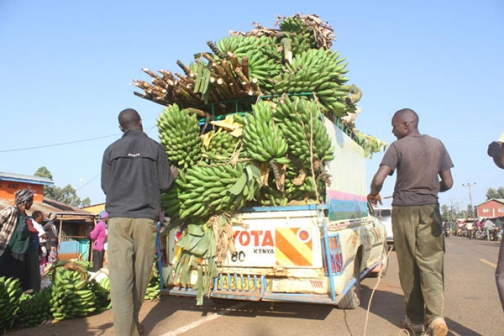×
The Standard e-Paper
Kenya’s Boldest Voice

Kenyans hope the Government formed after next year’s election will put as much emphasis on value addition of agricultural produce as the last two have put into infrastructure development.
Plausible arguments can be made that the additional revenues earned in selling processed goods – as opposed to raw materials — would make paying back the loans borrowed to finance construction of roads, railways, ports and power plants much easier. Factories set up to process the produce would also soak up thousands of unemployed youth.